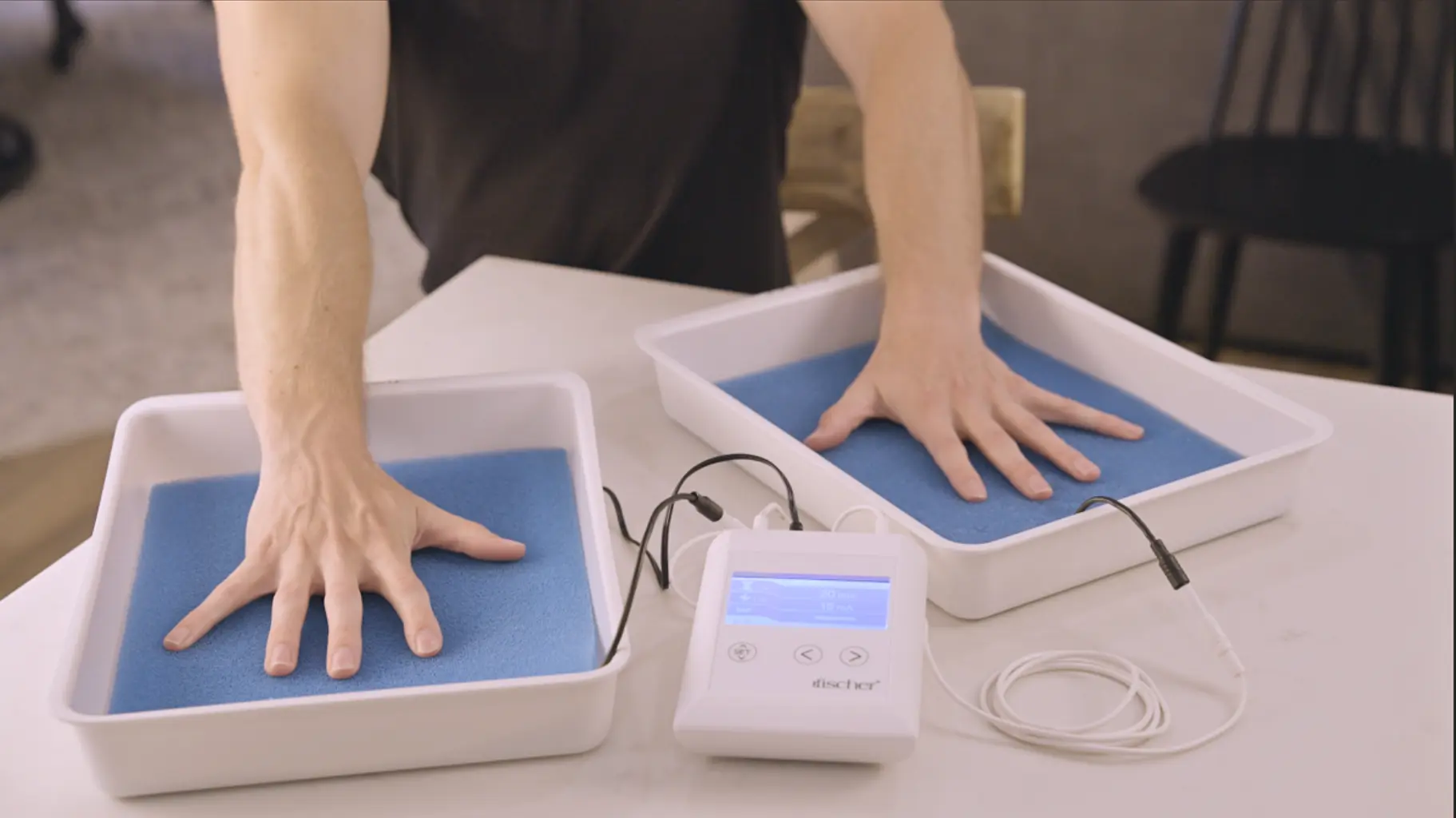How to Stop Sweaty Hands and Feet: Top Dermatology Treatments for Excessive Sweating
How to Stop Sweaty Hands and Feet: Top Dermatology Treatments for Excessive Sweating
Blog Article
Understanding the Origin Causes of Excessive Sweating and Its Influence on Life
Excessive sweating, also called hyperhidrosis, is a problem that impacts a considerable portion of the population, yet its underlying reasons and ramifications on everyday working continue to be somewhat enigmatic. While it is frequently comprehended as a physiological feedback to manage body temperature level, the triggers for excessive sweating can vary extensively amongst people, incorporating not just physical elements but emotional and also psychological elements. The effect of this condition expands past plain pain, often influencing social communications and total quality of life. By delving right into the origin creates of hyperhidrosis and discovering its diverse effects, a much deeper understanding of this prevalent problem can be gotten, clarifying the complexities that people grappling with too much sweating browse daily.
Physiology of Sweat Glands
The regulation of sweat production, a crucial physical procedure, is mostly managed by the activity of sweat glands distributed throughout the human body. Sweat glands are categorized into 2 major kinds: eccrine and apocrine glands.
When the body temperature level increases, either as a result of physical activity, heats, or psychological anxiety, the nervous system causes the sweat glands to generate sweat. This sweat is composed largely of water and electrolytes like salt and chloride. The procedure of sweat production is essential for preserving the body's internal temperature level within a narrow, optimum array, highlighting the crucial function sweat glands play in human physiology.
Triggers for Excessive Sweating
In comprehending the source of excessive sweating, it is vital to determine the triggers that can cause this physiological response. Extreme sweating, also called hyperhidrosis, can be motivated by different variables, both physiological and ecological. One usual trigger is emotional stress or stress and anxiety, which can stimulate the body's gland to create even more sweat than is needed for cooling. Physical effort, high temperature levels, and spicy foods are also recognized to set off excessive sweating in people susceptible to this condition. Certain clinical conditions like diabetic issues, menopause, or hyperthyroidism can add to extreme sweating as well.
In addition, medications such as some antidepressants, opioids, and particular supplements can also act as triggers for hyperhidrosis. Understanding these triggers is essential in handling extreme sweating efficiently - Treatment for hyperhydrosis of hands. By recognizing and attending to the details triggers that prompt too much sweating in a specific, doctor can develop tailored therapy strategies to ease this problem and improve the person's lifestyle
Medical Issue Associated
Related to excessive sweating are numerous clinical conditions that can intensify this physical reaction. One usual problem is hyperhidrosis, a condition identified by unusually increased sweating that surpasses the body's thermoregulatory requirements. This can materialize in focal locations like the palms, soles, underarms, or face, impacting a person's lifestyle as a result of social shame and pain.
Additionally, endocrine disorders such as hyperthyroidism, diabetes mellitus, and menopausal hot flashes can likewise lead to extreme sweating. Hyperthyroidism causes an overproduction of thyroid hormones, accelerating metabolic rate and causing sweating.
Furthermore, infections like tuberculosis, endocarditis, and hiv have actually been associated with night sweats, a common symptom understood to interfere with rest and impact general well-being. These clinical problems highlight the diverse series of underlying aspects that can add to extreme sweating, necessitating thorough examination and monitoring by health care specialists.
Psychological and psychological Factors

Effect On Social Communications
Excessive sweating can have profound effects on an individual's capability to engage conveniently in social communications. The noticeable indications of sweat spots or wet patches on clothing can result in embarrassment and self-consciousness, triggering individuals to withdraw from social situations. This withdrawal can influence partnerships, limitation social activities, and hinder specialist and individual growth.

Moreover, the anxiousness and self-worth issues originating from extreme sweating can affect interaction and interpersonal abilities. Individuals might have a hard time to concentrate on conversations, participate in team tasks, or reveal themselves with confidence. This can cause sensations of seclusion and loneliness, as social connections come to be testing to maintain.
Verdict

While it is commonly comprehended as a physiological action to manage body temperature, the triggers for excessive sweating can vary extensively amongst individuals, encompassing not only physical variables but mental and likewise emotional aspects. By diving right into the root causes of hyperhidrosis and exploring its diverse impacts, a deeper understanding of this pervasive issue can be acquired, shedding light on the intricacies that people grappling with too much sweating browse on a day-to-day basis.
Physical physical effort, high temperature levels, and spicy foods are likewise understood to set off excessive sweating in people vulnerable to this problem. By recognizing and attending to the particular triggers that trigger extreme sweating in a specific, healthcare carriers can create personalized therapy plans to relieve this problem and improve the person's quality of life.
Extreme sweating can have profound effects on a person's ability to engage comfortably in social interactions.
Report this page